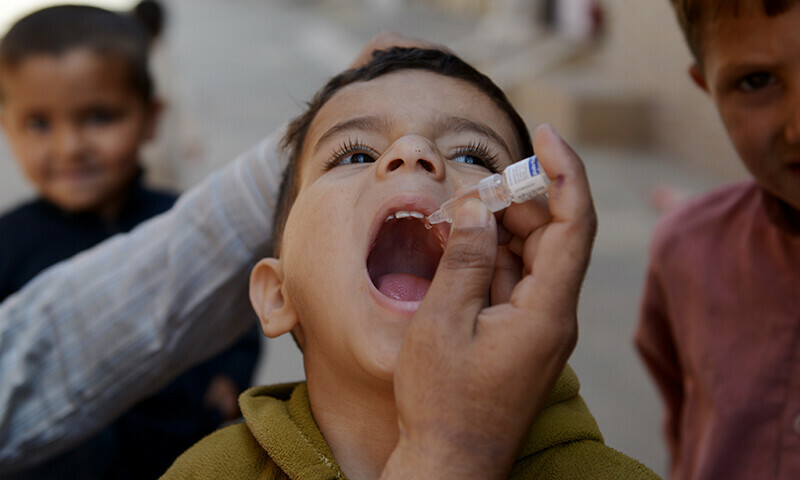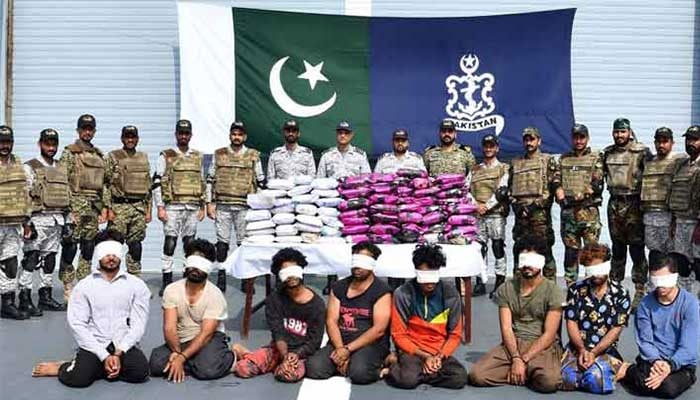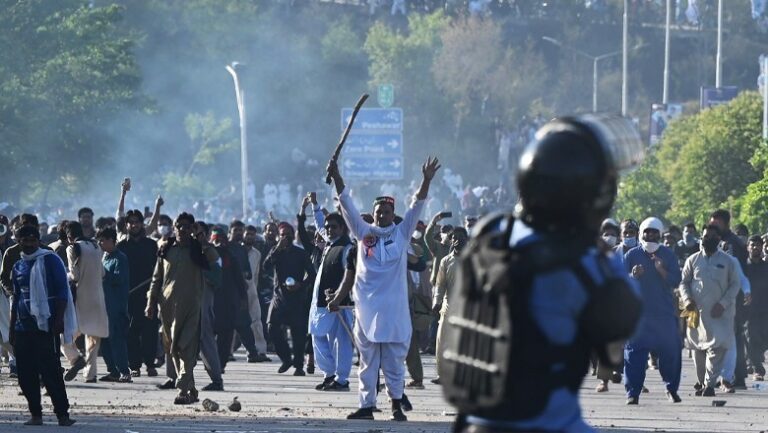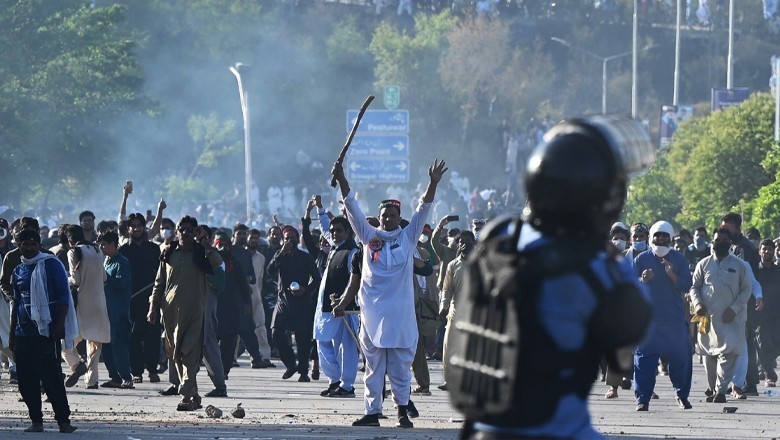Unpaid Allowances Spark Anger Among Officials Risking Their Lives
Policemen Demand Immediate Payment
In Lower Dir, 2,300 policemen and 230 Dir Levies officials have raised their voices over unpaid polio duty allowances for three consecutive campaigns. Despite working under life-threatening conditions, they have yet to receive their dues.
The officials, speaking anonymously, revealed their frustration over the delay. “We performed our duties even when our lives were at risk, but we haven’t been paid,” one policeman shared. The lack of payment has caused widespread discontent among the force.
Rising Threats During Polio Drives
The danger during anti-polio campaigns is real. This year alone, attacks across Khyber Pakhtunkhwa killed 20 police officers. Yet, those who survived and ensured public safety are still waiting for their promised compensation.
“We took risks to protect healthcare workers and children. The delay in payment is unfair,” said another official.
DPO Promises Relief
District Police Officer Salim Abbas Kulachi addressed the issue. He assured reporters that payments for one campaign would be processed soon. “The police leadership has promised to resolve this matter quickly,” he said.
The Bigger Picture
The delay in allowances highlights a lack of support for those on the frontlines. Anti-polio campaigns are crucial for public health, but the burden on security personnel is immense. Without timely payment, morale and motivation suffer.
Unity Among Swati Tribe
In another development, the Swati tribe held a meeting in Samarbagh under the leadership of Malik Mohidullah Swati. Elders from different areas gathered to discuss unity and progress. Swati urged the tribe to prioritize collective goals over personal interests.
The participants pledged to maintain harmony within the tribe, emphasizing the need for peace and development.
Conclusion
The situation in Lower Dir reflects broader challenges in valuing and compensating frontline workers. While police await their dues, the need for fair treatment and timely support becomes more evident. Both authorities and communities must work together to address these concerns.














